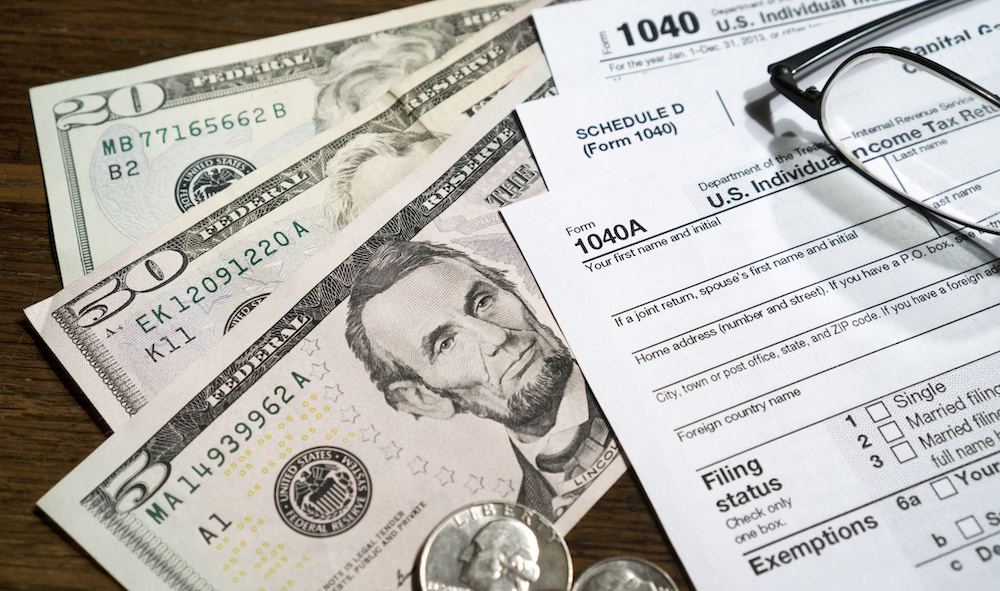As usual under the current administration, Black families have been largely excluded from the edification regarding new tax policies. Amidst a record-breaking government shutdown, teacher strikes in California and the ever-present Black housing crisis, it's no surprise that many Black households may be unaware of one IRS change that could have a significant impact on us: The New Revised Family Tax Credit.
While the White House purports this change as one that will improve the lives of American households, we know better than to blindly trust the Oval Office at this point.
According to recent research by the Institute on Taxation and Economic Policy, this change will do more harm than good in marginalized communities. Specifically ,even the wealthiest Black families will not get the benefits they think.
"At worst…[it's] a tool that drives income and wealth inequality by targeting benefits to extremely wealthy taxpayers and multi-billion-dollar corporations, while simultaneously allowing these groups to engage in complicated schemes to avoid paying their fair share of taxes."
At the current pace, we are still hundreds of years away from wealth and income equality. This new law represents $1.9 trillion — most of that is directed to support large corporations. Essentially, the bottom 80 percent of Americans will get about $77 billion of the pot to share, while wealthiest 20 percent of Americans (those earning $110,000 or more annually) get $200 billion of this funding. Since about 95.6 million people are on track to pay taxes, that means each wealthy taxpayer will pocket $10.41 for every $1.00 the rest of us get.
To put this into perspective, Black families are the only racial group making less than we did 10 years ago. The median income of white households increased by 2.6 percent from 2016 to 2017, while the median income for Black households stayed the same. So while it might seem like the tax credit helps all of us climb that ladder, it's really just a kick in the face to struggling middle class and low income Black families. That means the likelihood of a Black family being part of that top 20 percent that has the highest potential for direct benefit from this tax change is laughably low. Moreover, as Grio writer Dawn Onley
reported:
"A higher percentage of white taxpayers owned so-called “pass through” businesses, such as limited liability corporations, and pay taxes on their profits through the individual income tax code, according to the Times article. The new law features a 20 percent deduction for pass through income."
Here's What You Need To Know
1. First of all, I am not a tax professional. I do my taxes for free with Credit Karma. Consult a legit tax professional. My goal is just to share some things I learned. Since I'm the head of household and I have a dependent, I've been in tune with a lot of the recent changes. You should definitely do some research before making your move.
2. You'll get your refund despite the government shutdown. Most likely, things will be delayed, so as soon as your W2s come through, start the filing process. Your employer has until January 31st to send W2s.
3. The Child Tax Credit could get you up to $2,000 depending on how much you spent on child care in 2018.
4. For those of us who have invested in sustainable energy (solar panels, electric cars, etc.)we may qualify for Plug-in electric-drive motor vehicle credit and/or the Residential energy tax credit.
5. If it's your first time, you may not have to pay. Besides Credit Karma, there are other free filing options for many millennial tax payers. The IRS has a free file program. If your income is under $54,000 you can also take advantage of the VITA program.
6. The fastest way to get your refund is to e-file with a reputable company and select the option for direct deposit.
Next Steps: The filing deadline is still set for April 15, 2019.
Blavitize your inbox! Join our daily newsletter for fresh stories and breaking news.
